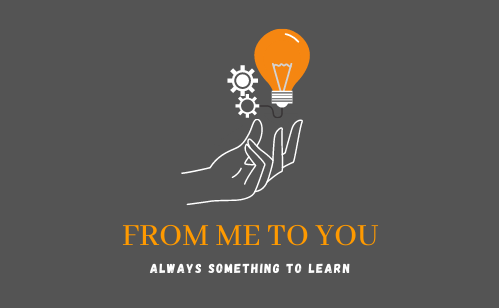Photo Credits: Evan Brooks
How often are you truly yourself? Probably not a question you ask yourself all too often, but it’s an important step of self-reflection. Authenticity is more than just a word with the synonym of “truth.” Who we are and how we act are imperative to be consistently cognitive of. Should we not let our true personality shine through, we may give the wrong impression of who we are. The article before you is an elaboration of not only what authenticity is, but what the steps are to be your most authentic self.
Authenticity, in the most general sense, is the act of being truthful to your honest personality, ideals and interests. Say I love physics: I want to study the subject all the time, and I am constantly and consistently fascinated by the topics within it. Being authentic to myself, a lover of physics, the sensible choice for myself if I were to study at college, would be to study physics. The example elaborates an important point about being true to yourself — if you are both good at and passionate about something, and it is possible for it to be more than a hobby, then you may want to study it and make a life or living out of it.
A good amount of the time, individuals study or take jobs in fields they think they should, rather than choosing the path which is authentic for them. Maybe you are pressured into a particular field or you feel the need to chase money, but either route usually does not end as well as one might believe.
In an article from the University of California, Berkeley, published by the Greater Good Magazine, Patricia Faison Hewlin, Ph.D. elaborates on the question of how to be more authentic. Dr. Hewlin states, “According to that research, about a third of employees in North America feel pressure to suppress their personal values and pretend to go along with the values of their organization.”
Say you did take the path authentic to you, and you obtained a degree in the field of your choice. Next, let us imagine you entered a company with values opposite from those behind why you obtained your degree in the first place. What do most individuals do in that case? As pointed out by Dr. Hewlin, you are likely to view suppression of your own values as the best option, but it is a dangerous path to take.
Further stated in the article is how, “unfortunately, when we put up this facade, it creates a sense of dissonance, and we experience higher symptoms of depression. We end up less engaged and less committed to our organization, with more intentions to leave.” In other words, when we stop being authentic in order to try and conform to the environment we are in, we actually harm our overall outlook of the place we are trying to become a part of. https://greatergood.berkeley.edu/article/item/how_to_be_more_authentic_at_work
What, then, is the answer when it comes to personal authenticity? The answer, as cliche as the phrase has become, is that we should just be ourselves. Being authentic also means a willingness to not be seen as outstanding by everyone you meet. When we take the time to be who we believe we are, then we attract individuals more compatible with our personality.
Not to say we should disregard everyone that walks a different path from ourselves, but we should be cognizant of the fact that different people have different ways of expression, differing opinions and different areas of interests from our own. To be authentic means realizing both our own and others’ authenticity should be celebrated, and not replaced with conformity.
Evan Brooks is a fourth-year Business Management major with minors in Economics and Civil & Professional Leadership. EB916132@wcupa.edu

